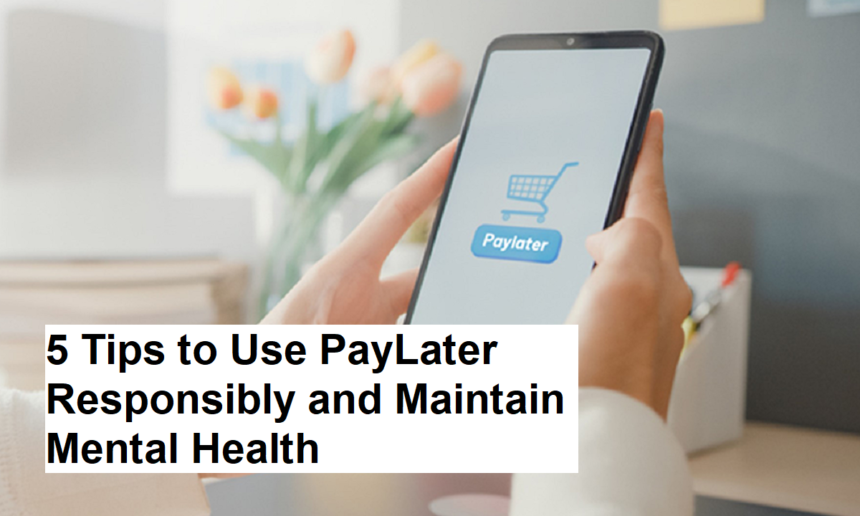Introduction
In today’s digital age, payment options like PayLater have gained immense popularity for their convenience and flexibility. They allow consumers to purchase now and pay later, often in installments, making it easier to manage expenses. However, while PayLater can be a helpful financial tool, improper use may lead to financial stress and impact mental health negatively. Here are five essential tips to utilize PayLater responsibly while maintaining your mental well-being.
1. Understand the Terms and Conditions Thoroughly
Before opting for PayLater, it’s crucial to fully understand the terms of use. This includes knowing the interest rates, repayment schedules, late payment penalties, and any hidden fees. Being unaware of these details can lead to unexpected charges, causing anxiety and frustration.
Mental health tip: Knowledge empowers you, reducing uncertainty and stress. Take time to read the fine print and ask customer service if anything is unclear. Clear understanding helps prevent financial surprises that can disrupt your peace of mind.
2. Set a Budget and Stick to It
One of the pitfalls of PayLater is the temptation to overspend, believing that the deferred payments make purchases more manageable. To avoid falling into debt that can weigh heavily on your mental health, establish a realistic budget for your expenses each month.
Mental health tip: Use budgeting tools or apps to track your spending. When you know your limits and stick to them, you’ll experience less financial anxiety and feel more in control of your finances, which positively impacts your mental well-being.
3. Prioritize Payments and Avoid Accumulating Debt
Timely repayment is vital when using PayLater services. Missing payments can lead to late fees, increased interest, and a damaged credit score—factors that contribute to stress and worry.
Mental health tip: Create reminders or set automatic payments for your installments. Being proactive about repayment reduces the fear of penalties or damaging your credit, fostering a sense of security and peace of mind.
4. Limit the Number of Active PayLater Purchases
It might be tempting to use PayLater for multiple purchases simultaneously, but this can lead to a complex web of debts that becomes hard to manage. An overwhelming debt burden can cause anxiety, sleep disturbances, and feelings of helplessness.
Mental health tip: Practice moderation—only use PayLater for essential or planned purchases. Evaluate if a purchase is necessary or if it can wait. Simplifying your financial commitments helps reduce mental clutter and emotional stress.
5. Seek Help if You Feel Overwhelmed
If you find yourself unable to keep up with repayments or feeling overwhelmed by debt, don’t hesitate to seek help. Reach out to financial advisory services or mental health professionals. Sharing your concerns and getting guidance can alleviate feelings of guilt, shame, or hopelessness.
Mental health tip: Recognize that financial difficulties are common and seek emotional support when needed. Managing your mental health includes acknowledging stress and taking proactive steps to address it.
Conclusion
PayLater can be a useful financial tool when used responsibly, but it requires discipline and awareness to prevent adverse effects on mental health. By understanding the terms, budgeting wisely, prioritizing repayments, limiting active purchases, and seeking support when necessary, you can enjoy the benefits of PayLater without compromising your mental well-being.
Remember, financial health is closely linked to mental health. Making informed choices and staying in control of your finances can lead to a more balanced, stress-free life. Use these tips to stay financially responsible and mentally resilient in your digital spending habits.












